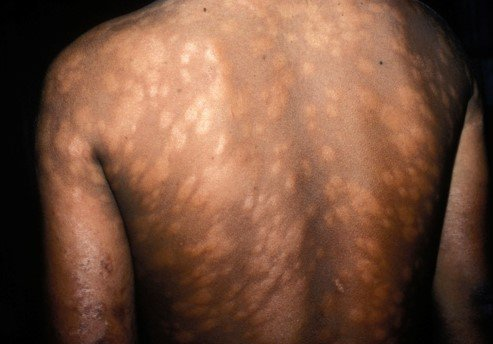As the world commemorates International Leprosy Day, we examine the plights of people living with this disease in the subregion.
All over the world, people have incorrect and harmful beliefs about this disease, often leading to discrimination against people affected by Leprosy. It also causes people to hide their symptoms, thus delaying treatment.
Leprosy is a chronic infectious disease that is caused by a type of bacteria called Mycobacterium leprae. It commonly causes severe nerve damage and disfiguring, pale-colored skin, and sores on the arms and legs. Nerve damage can also affect the eyes, leading to muscle weakness and a loss of feeling in the arms and legs.
It is also important to note that Leprosy is a neglected tropical disease associated with disability and stigmatization.
The most vulnerable and high-risk populations are those who live in poor rural areas.
The second part of this edition will focus on bipolar disorder, a mental health condition that causes extreme mood swings that include emotional highs – mania or hypomania, and lows – depression.
When you become depressed, you may feel sad or hopeless and lose interest or pleasure in most activities. When your mood shifts to mania or hypomania (less extreme than mania), you may feel euphoric, full of energy, or unusually irritable.
These mood swings can affect sleep, energy, activity, judgment, behavior, and the ability to think clearly.


